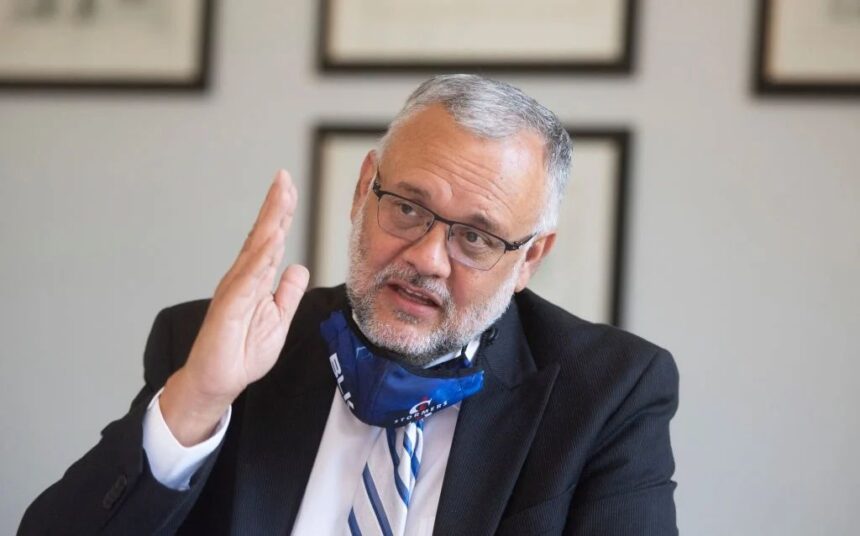Lahja Nashuuta
Paheja Siririka
Ambassadors and other diplomatic officials have been strongly advised to rigorously abide by the rules and regulations outlined in the Vienna Convention on Diplomatic Relations.
The legal basis for diplomatic relations between independent governments is outlined in this international agreement, which emphasises the rights and protections granted to diplomats as well as their obligations.
This comes after The United States expelled South African Ambassador to Washington, Ebrahim Rasool on Friday, following his criticism of the Trump administration.
Rasool said US president Donald Trump is launching an assault on incumbency by mobilising supremacism against the US and abroad.
“Data shows groups at demographic shifts in the USA, in which the voting electorate in the USA is projected to become 48% white, and the possibility of the minorities is looming on the horizon,” said Rasool.
In a post on X, Secretary of State Marco Rubio called Rasool a “persona non grata” and accused him of being a “race-baiting politician” who despises Trump.
Namibia’s Minister of International Relations and Cooperation Peya Mushelenga, described the decision as unfortunate and urged both nations to engage constructively to rebuild trust and strengthen bilateral relations.
“It is a regrettable development in their bilateral relations,” Mushelenga said, adding, “We hope the two countries will work toward restoring harmony. South Africa has already indicated that it is working on appointing a replacement for Rasool.”
International Relations and Strategic Communications Specialist, Charles Mubita, echoed similar sentiments, stressing that diplomacy requires strict adherence to decorum.
“Two wrongs do not make a right, especially in diplomacy. Ambassador Rasool was undoubtedly aware of Article 41 of the Vienna Convention, which obliges diplomats to respect the laws and regulations of the host state and to refrain from interfering in its internal affairs,” Mubita said.
He acknowledged that Rasool’s comments whether factual or based on alternative narratives—were unfortunate.
“The U.S. could have summoned him for clarification or protested to the South African government instead of immediately expelling him,” Mubita argued.
Mubita warned that Rasool’s remarks had now put both nations in a difficult position.
“One of the greatest challenges in diplomacy is when a diplomat places their country in a position from which it cannot retreat without losing face or advance without grave risks. This is the situation Rasool has created for both the U.S. and South Africa,” he stated.
He urged both nations to engage in diplomatic dialogue rather than escalate tensions through retaliatory measures.
Jeff Radebe of the African National Congress has cautioned country representatives in other states to not interfere in the local politics of the countries that they are stationed in.
-lnashuuta@gmail.com



